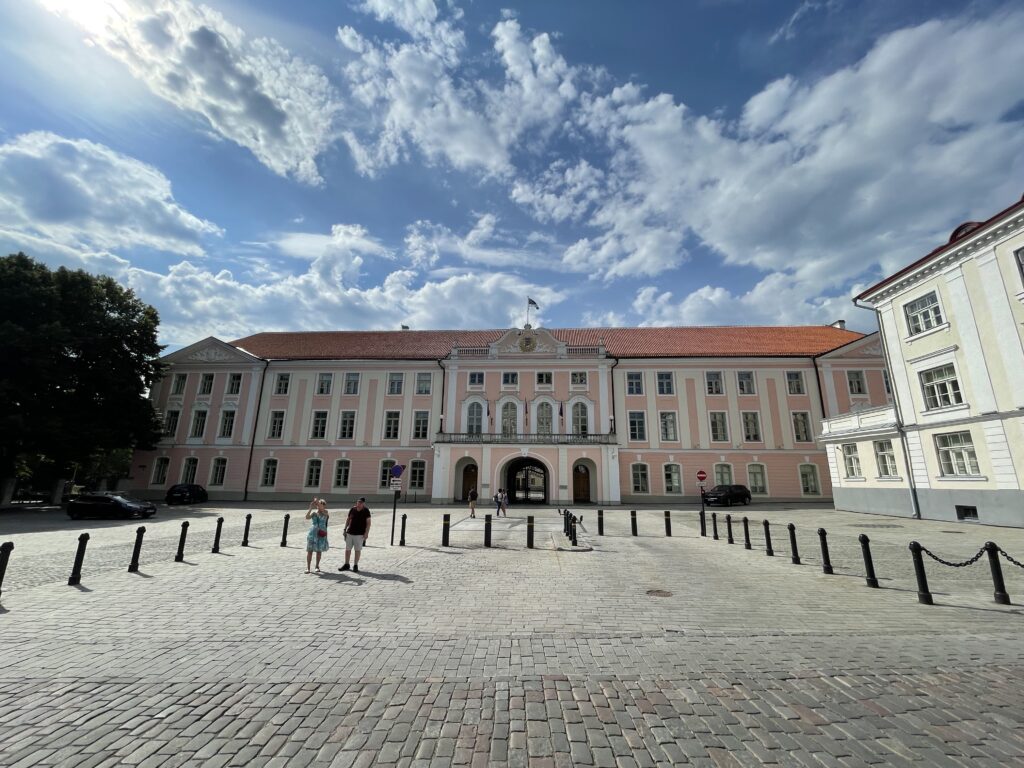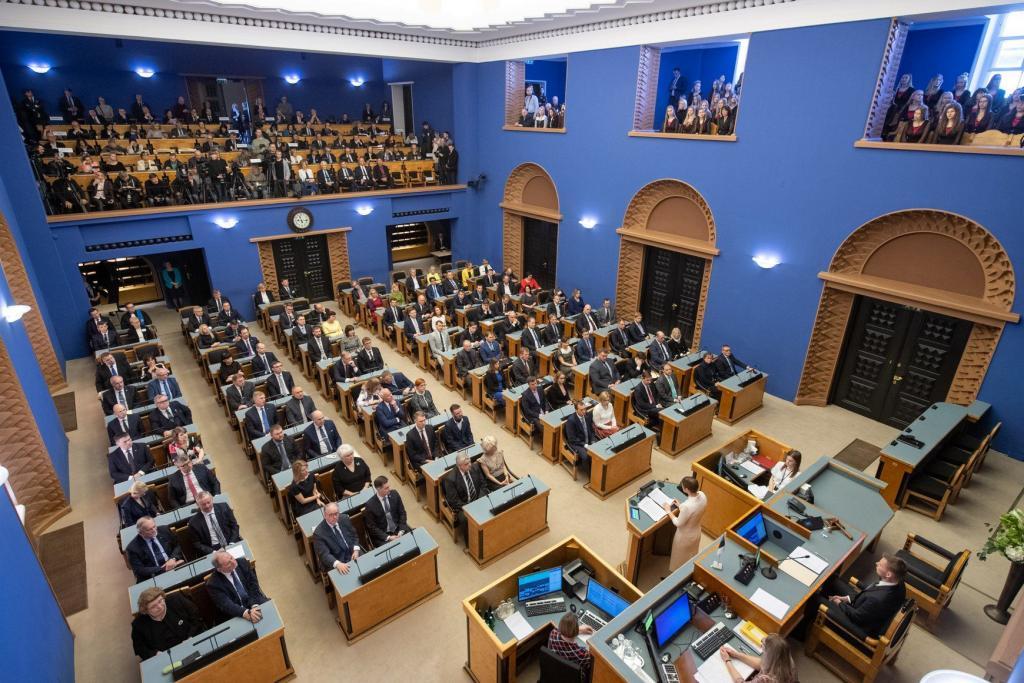The populist, ultra-conservative Estonian Conservative People’s Party, colloquially known as EKRE, is currently second in the country’s party ratings with a whopping 27.1 per cent support; the leader in the ratings is the Reform Party – the senior partner in the current coalition – with a 32.9 per cent support.
The opposition Centre Party is supported by 14.1 per cent of the voting-age citizens; the non-parliamentary party, Estonia 200, by 8.8%, Isamaa – a junior partner in the current coalition – by 7.9%; and the Social Democrats by 6.2 per cent of the voting-age citizens.
The difference between the first-place holder, the Reform Party, and the second-placed EKRE has remained between five and six percentage points in the last three weeks. Support for third place holder Center Party, which dropped to a record low two weeks ago, has stabilised at present.
Since mid-September, the support for the Social Democrats has remained rather in a downward trend, and while at the end of September, the Social Democrats were ahead of Isamaa in the rankings, they are currently 1.7 percentage points behind Isamaa.

EKRE improves among non-ethnic Estonians
The three parties of the government coalition are supported by altogether 47 per cent of voters and those of the opposition by 41.2 per cent.
Martin Mölder, a research fellow in comparative politics at the Johan Skytte Institute of Political Studies of the University of Tartu, said there was currently no very strong trend seen in the support for the two leading parties.
“However, this is not necessarily true in all voter groups. In recent weeks, support for the Reform Party has rather increased among men and ethnic Estonians and rather decreased among women and non-ethnic Estonian voters. At the same time, EKRE has improved its positions among non-ethnic Estonians and their support among ethnic Estonian voters has decreased somewhat in recent weeks,” Mölder said.
The sharp increase in support among Russian voters observed last week has continued this week and EKRE’s support among this group of voters is currently at a record 24.7 per cent. According to Mölder, this is only three percentage points less than among ethnic Estonian voters.

Isamaa improving its position
“When it comes to the Center Party, it can be seen that their support has improved somewhat in recent weeks, and this has happened foremost among ethnic Estonian voters. However, it is still too early to say whether the party has been able to turn around a long-term downward trend in this voter group,” he said.
Regarding Estonia 200, Mölder said that it can be seen by now that support for the party has been in a slight decline since mid-September.
“We can also see that Isamaa has improved its positions compared with the Social Democrats, and recently the support for the two has rather moved in opposite directions – support for the Social Democrats in a slight decline and support for Isamaa in a slight rise,” Mölder said.
If the general election were to take place now, the Reform Party would get 37 seats in the 101-seat chamber, EKRE 30 seats, the Center Party 14 seats, Estonia 200 eight, Isamaa seven and the Social Democrats five seats.

